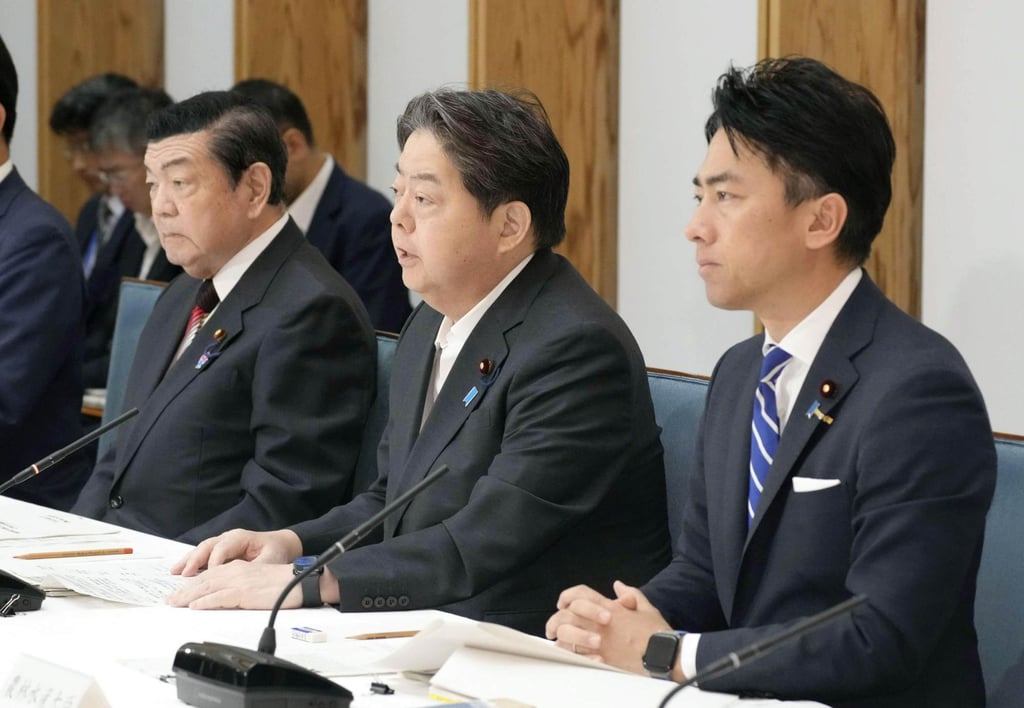China has made a string of subtle yet telling overtures towards Japan in recent weeks – from removing controversial maritime buoys to easing a politically charged seafood import ban – in what observers see as a tactical recalibration rather than a true reset in bilateral ties.
On Thursday, Japan’s government confirmed that China had dismantled the second of two oceanographic buoys it had installed without Tokyo’s consent within Japan’s exclusive economic zone near Okinawa.
The following day, it was announced that the two governments had reached an agreement on procedures to resume exports of seafood products from most of Japan to China, 22 months after Beijing imposed a blanket ban on imports in response to Japan starting to release treated water from the Fukushima nuclear power plant into the Pacific Ocean.
China also appeared to temper its rhetoric during President Xi Jinping’s summit with Russian counterpart Vladimir Putin earlier this month. A joint statement issued on May 8 emphasised expanded military cooperation, including regular joint air and sea patrols, but omitted a reference to securing “Northeast Asia” – reportedly at Beijing’s request – to avoid provoking Tokyo.

“I see this as China sending a pointed signal to Tokyo that it wants to stabilise the relationship, for a couple of reasons,” said Masayuki Masuda, director of Chinese studies at the Ministry of Defence’s National Institute for Defence Studies in Tokyo.


